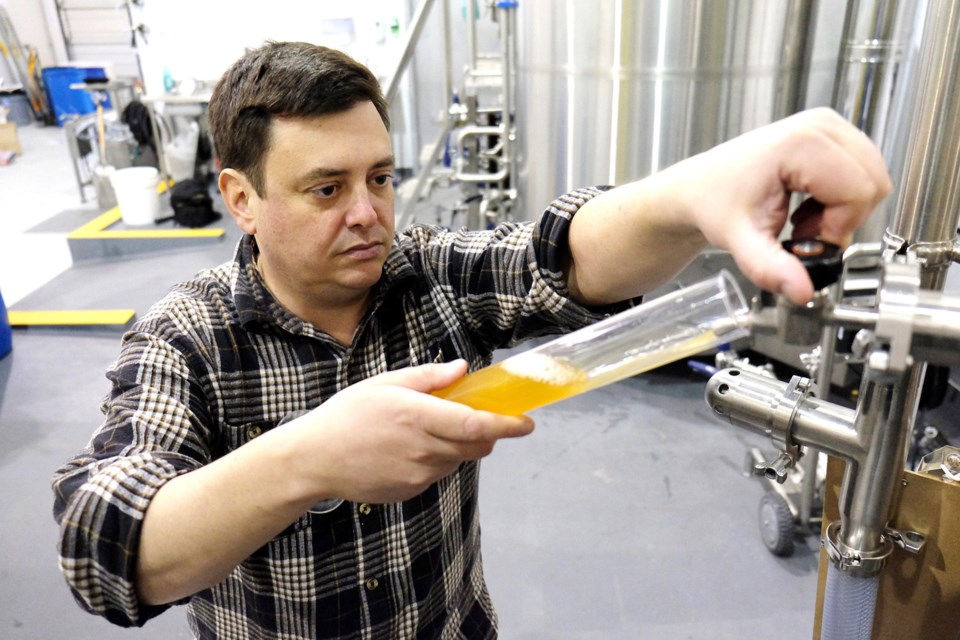The recently-announced federal wage subsidy will help some businesses, but it won’t do anything at all for the majority local businesses that have been affected by the global COVID-19 pandemic. Many of these businesses have been ordered to close to protect Canadians’ health and many others have decided to close out of civic duty.
The government needs to protect these businesses so there’s an economy left to restart when social distancing is lifted.
Prime Minister Trudeau announced a subsidy of up to 75% of wages for qualifying businesses. To qualify, a business must have experienced at least a 30% drop in sales because of COVID-19.
The full details of the policy have not been yet released, but the outlined policy is rife with potential problems, including a perverse incentive for businesses to deliberately suppress revenue (and possibly lay off more staff) in order to qualify for the subsidy.
My own business, Dageraad Brewing, had to close the most profitable part of our business, selling glasses of beer for on-site consumption in our tasting room. We responded by starting up a local beer home delivery service. This service isn’t doing much to help us pay the rent, but it does keep our tasting room staff employed.

The trouble is, this delivery service will probably generate enough revenue that it will make us ineligible for the wage subsidy, even though we’re not making money from it. The aid package incentivizes us to close our delivery service so we can make less revenue and get a subsidy. We won’t do it, but arguably that’s the best choice for our bottom line.
Riot Brewing on Vancouver Island has been struggling for most of the last year to claw its way out of insolvency. In the last two months they’ve re-emerged, re-financed and revitalized, with a new sales rep on staff, only to be struck by the COVID-19 economic crisis. It’s unclear how the 30% drop in revenue will be calculated, but with their sales growing from a base of almost zero, it’s pretty clear my friends’ brewery won’t qualify.
Now they’re facing a depressed marketplace where all the pubs and restaurants are closed, but because their revenue technically hasn’t fallen, they won’t qualify for government help.
This is going to be the case for all start-up businesses. These businesses, which could have survived and grown under normal circumstances, will be left out of the proposed policy not because they’re not in trouble, but because they won’t fit the technical definition of having a decline in revenue. And they may well fail as a result, leaving their founders and their employees to join the more than one million Canadians who have applied for EI in the last two weeks.
Perhaps the biggest problem with the wage subsidy is that it is of no help at all to the businesses that need help the most: the hairdressers, massage therapists, event planners, movie theatres and thousands of other businesses that saw their revenues drop to zero when health officials ordered them to close. A wage subsidy doesn’t help because they’ve laid everyone off. Even if they could afford to pay 25% of wages, there wouldn’t be anything for their staff to do.
And on April 1 their rent will be due. Tens of thousands of commercial tenants who have been forced to close their businesses will default on their leases. I hope the federal and provincial governments know that their work isn’t done.
Ben Coli is owner of Dageraad Brewing in Burnaby.



